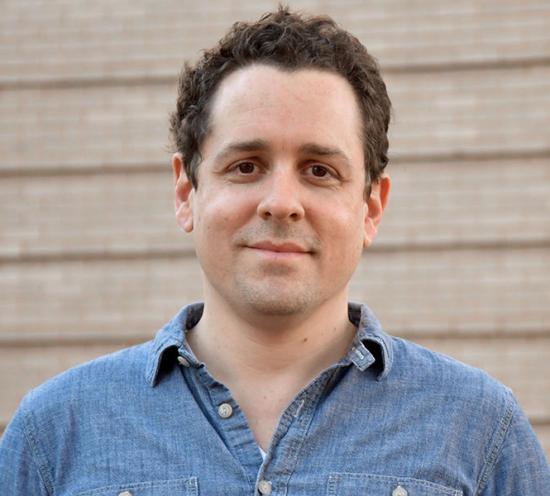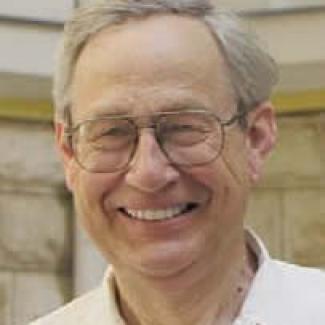How to Care About Information
Ryan Shaw
Why should students care about what information professionals do?
When students enter graduate programs at information schools, the question is easily answered: they should care because they are preparing to do it themselves, or because they hope to research or teach about it. But when information schools expand into undergraduate education, the question becomes more difficult to answer. One possibility is to repeat the same answer in a slightly different tone: they should care because they are potential pre-professionals, like their pre-med or pre-business friends.
Over eight years of teaching an introductory information science course for undergraduates, I’ve explored a different possible answer: they should care because what information professionals do is intrinsically interesting, and because we all ought to know more about the practices that organize our lives.
Starting in Fall 2020, participants must have a Zoom account and be logged in. Sign up for your free account here.
If this is your first time using Zoom, please allow a few extra minutes to download and install the browser plugin or mobile app.
Ryan Shaw is an associate professor at the UNC School of Information and Library Science. He received his Ph.D. in 2010 from the UC Berkeley School of Information, where he wrote his dissertation on how events and periods function as concepts for organizing historical knowledge. He is also the author of the LODE (Linking Open Descriptions of Events) ontology, recently adopted by the UK Archives Hub for their Linked Data effort.
In 2012 he received a three-year Early Career Development grant from the Institute of Museum and Library Services to invent new tools for applying computational text processing techniques to organize large collections of civil rights histories. He is also a co-PI of the Editors’ Notes project, a Mellon Foundation-funded effort to develop open, collaborative notebooks for humanists, and the PeriodO project, an NEH-funded gazetteer of scholarly assertions about the extents of historical, art-historical, and archaeological periods.
In the past he has been involved in a number of digital humanities projects through his work with the Electronic Cultural Atlas Initiative. In a previous life, he worked as a software engineer in Tokyo, Japan.











